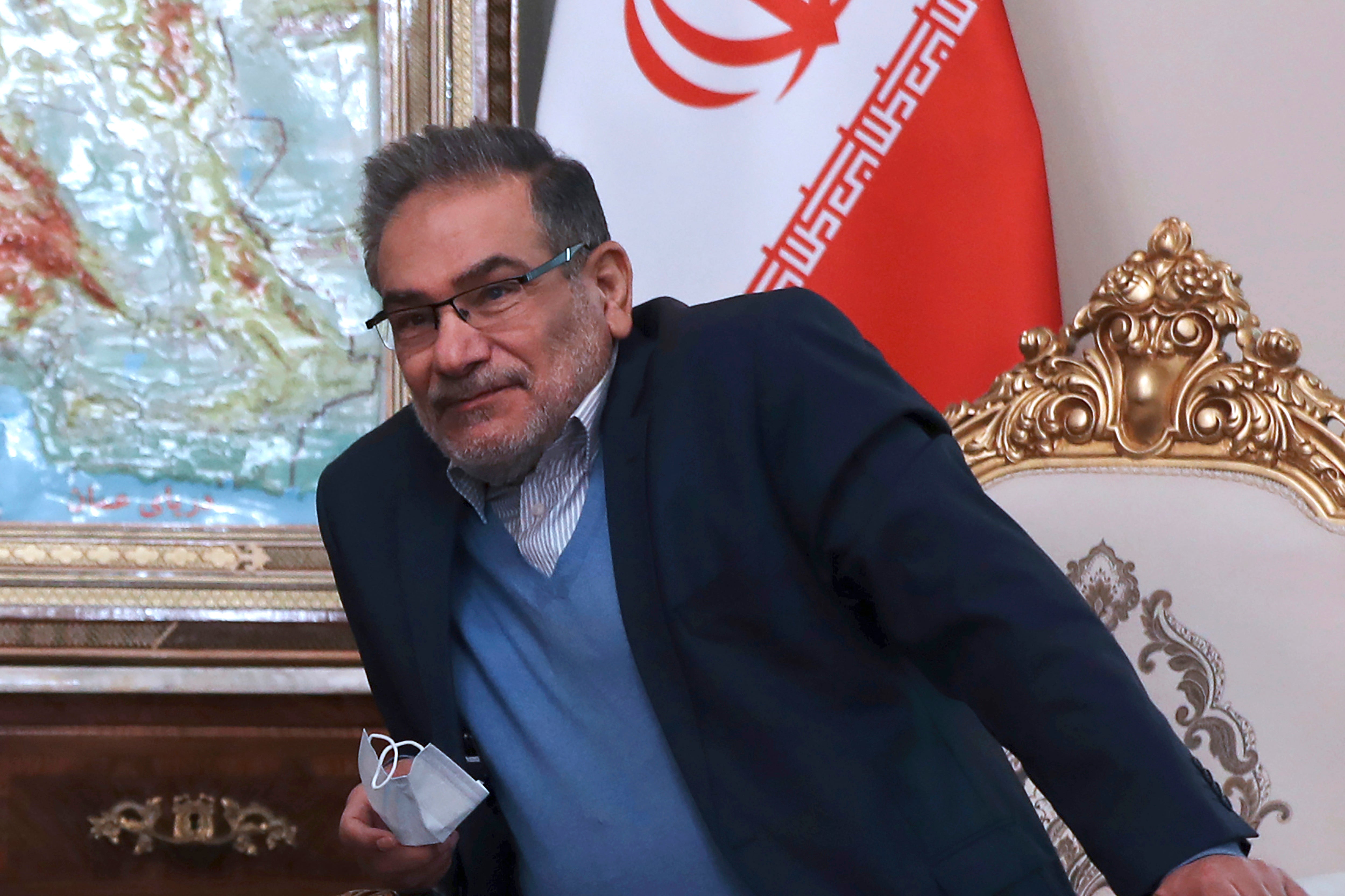Senior Iranian official visits UAE on heels of Saudi deal
A senior Iranian official has visited the United Arab Emirates just days after Tehran agreed to restore diplomatic relations with Saudi Arabia in a Chinese-brokered deal

Your support helps us to tell the story
From reproductive rights to climate change to Big Tech, The Independent is on the ground when the story is developing. Whether it's investigating the financials of Elon Musk's pro-Trump PAC or producing our latest documentary, 'The A Word', which shines a light on the American women fighting for reproductive rights, we know how important it is to parse out the facts from the messaging.
At such a critical moment in US history, we need reporters on the ground. Your donation allows us to keep sending journalists to speak to both sides of the story.
The Independent is trusted by Americans across the entire political spectrum. And unlike many other quality news outlets, we choose not to lock Americans out of our reporting and analysis with paywalls. We believe quality journalism should be available to everyone, paid for by those who can afford it.
Your support makes all the difference.A senior Iranian official visited the United Arab Emirates on Thursday, just days after Tehran agreed to restore diplomatic relations with Saudi Arabia in a Chinese-brokered deal that raised hopes of a broader rapprochement across Middle East.
Ali Shamkhani, the head of Iran's Supreme National Security Council, said his visit was a “meaningful beginning for the two countries to enter a new stage of political, economic and security relations,” Iran's state-run IRNA news agency reported.
It said he was accompanied by the head of Iran's central bank and other senior officials, and held talks with Sheikh Tahnoon bin Zayed Al Nahyan, the UAE's national security adviser. There was no immediate comment from the UAE.
Sunni Arab rulers in the Persian Gulf have viewed Iran with suspicion since the 1979 Islamic Revolution toppled a U.S.-allied monarch in Tehran. Relations have worsened since the 2003 U.S.-led invasion of Iraq, as Shiite-majority Iran has spread its influence across the region and supported powerful armed proxies in Iraq, Syria, Lebanon, Yemen and the Palestinian territories.
In the Chinese-brokered agreement, which built on talks held in Iraq in recent years, Saudi Arabia and Iran agreed to restore diplomatic ties which were severed in 2016, when Saudi Arabia executed a prominent Shiite cleric and Iranian protesters stormed its embassy in Tehran.
The deal raised hopes for a lasting peace in Yemen, where Saudi Arabia has been at war with the Iran-aligned Houthi militia since 2015. That conflict has killed tens of thousands of people and pushed the Arab world's poorest country to the brink of famine.
The UAE, a close Saudi ally that also intervened in Yemen, returned its ambassador to Iran last August for the first time since 2016, as did the Gulf Arab nation of Kuwait. Dubai, a major international business hub in the UAE, is home to a large Iranian community.
Suspicions still run deep, however, especially following a series of attacks on oil tankers off the coast of the UAE, as well as Saudi oil facilities, in 2019, which were widely blamed on Iran. Last year, a drone strike launched by the Iran-backed Houthis hit Abu Dhabi, hurting the UAE's reputation as a safe harbor in the volatile Middle East.
The UAE was the first of four Arab nations to normalize relations with Israel in the so-called Abraham Accords in 2020. The two countries were drawn together in large part because of their shared suspicions of Iran. Israel views Iran as its greatest threat, and the two countries have waged a shadow war for several years.
The Saudi-Iran deal raised concerns in Israel, which has long hoped to forge an alliance with Arab Gulf states against Tehran.